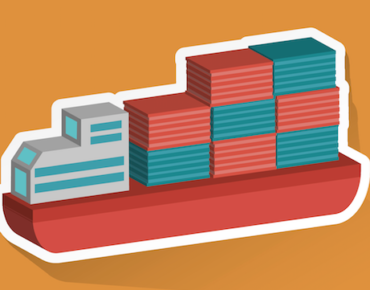OpenShift Upgrades Aim to Boost Container Integration

(mamanamsai/Shutterstock)
Platform developers profess a desire to help harried developers connect applications to data across hybrid cloud infrastructure. Increasingly, they say, API-based architectures and software containers are among the viable options for getting distributed applications into production.
With that in mind, Red Hat (NYSE: RHT) announced a series of container integration services this week on its OpenShift platform aimed at linking applications and data. The requirement to shift away from traditional centralized approaches is being driven by the emergence of new data streams, cloud-based software services and constructs such as the Internet of Things, the company said in a blog post announcing updates to its OpenShift container application platform.
The OpenShift enhancements include the latest release of JBoss Fuse middleware designed to deliver distributed integration capabilities on platforms running on Docker and Kubernetes container orchestration. JBoss Fuse is based on the latest upstream release of Apache Camel (version 2.18) lightweight distributed integration tools. One goal is allowing developers to build and integrate current applications with emerging micro-services in a way that allows faster scaling.
The upgrades also seek to simplify "the transition for customers looking to adopt containerized infrastructure for existing applications and workloads," the company said, resulting in "the development of custom-fit containerized applications."
Along with linking distributed applications to big data, the OpenShift upgrades reflect the ongoing transition to micro-services as a way to speed the delivery of apps. According to a cloud adoption survey released earlier this month by cloud management specialist RightScale Inc., 38 percent of IT executives it polled said they are expanding use of containers in production.
Hence, Red Hat's "API-first" approach caters to those seeking to use tools such as Apache Camel-based integration micro-services to speed the transition to container-based infrastructure.
Separately, Red Hat on Tuesday (Feb. 21) announced its membership in the OpenPower Foundation. The company said it would focus on open-source software development for Power-based architectures used by developers for hyper-scale and cloud-based datacenters. It also will pursue open standards for advanced servers, networking, storage and I/O acceleration technologies.
Ken King, IBM's general manager for OpenPower, noted in a statement that Red Hat's open-source software would be applied "on top of the hardware technologies or [to] create new solutions that capitalize on emerging workloads such as cognitive applications like AI and deep learning."
Related
George Leopold has written about science and technology for more than 30 years, focusing on electronics and aerospace technology. He previously served as executive editor of Electronic Engineering Times. Leopold is the author of "Calculated Risk: The Supersonic Life and Times of Gus Grissom" (Purdue University Press, 2016).











